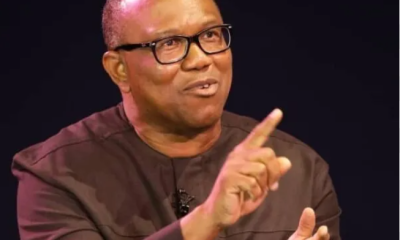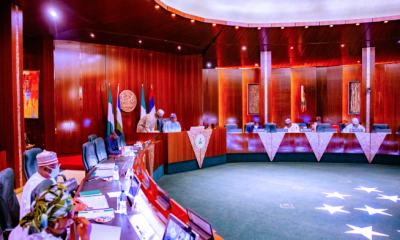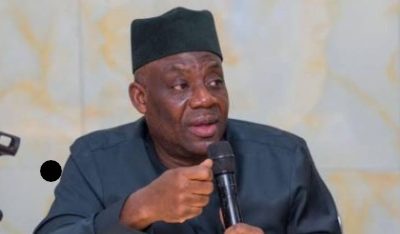Search giant, Google, will make available free Wi-Fi facilities in about 200 sites in Lagos, and five other states in Nigeria between now and 2019.
Within this period, about 10 million Nigerians, including Internet Service Providers (ISPs) are expected to benefit immensely from this project. The other sites are Kaduna; Port Harcourt (Rivers state); Ibadan (Oyo state); Enugu, and Abuja.
Google Station is a service that allows Google partners to roll out Wi-Fi hotspots in public places by providing software and advice on hardware to turn fiber connections into Wi-Fi.
The project, which comes as Google Station, is in partnership with 21st Century, a leading ISP in Nigeria. Four of the Stations, including Local Airport, Landmark; The Palms and Ikeja City Mall, went live on Wednesday.
Nigeria is the fifth country to launch Google Station, following India, Indonesia, Mexico, and Thailand.
Speaking with Journalist in Lagos, Google’s Vice-President, Product Management, Anjali Joshi, said the service, which is targeted primarily at countries, where the next-billion Internet users are set to come from, aimed to give users fast, secure, and easy-to-use Wi-Fi experience.
Joshi explained that in order to provide the service, Google offered fiber carriers, the companies, which build software for Internet-connected hardware, and venues a cloud-based platform and devices, which make it easier for them to provide, manage and monetise the Station hotspots.
She disclosed that the initiative is a long term project and that the security aspect has been fortified and encrypted to guard against any breaches.
Joshi said Google was doing this because the Internet has the potential to completely transform Africa. “Across the globe, countries which have invested in nurturing digital and innovation-based cultures not only enjoy extraordinary wealth (and job creation), but have also transformed the way people live and do business. That positive change can only happen, however, if everyone can access the Internet,” she stressed.
Speaking in the same vein, Google’s Country Director, Nigeria, Juliet Ehimuan-Chiazor, who said the move was to ensure that more Nigerians participate in the digital economy, noted that the technology firm hoped to roll out Station to as many public locations as possible, including markets, malls, bus stops, city centres, and cafés, universities so that people can have a consistent Wi-Fi experience during their daily routines.
On the choice of Nigeria now, Ehimuan-Chiazor said the country is an important market for Google and the largest market in Africa, saying that the target was to develop the technology ecosystem and later scaled to other part of Africa.
Silent on the amount gone into the investments, she disclosed that the initiative was targeted at a populated area, with the hope that by 2019 about 10 million Nigerians must have benefitted.
According to her, there are huge possibilities of the initiative helping the country to leapfrog the 30 per cent broadband target set by the Federal Government for this year, “knowing full well that a World Bank report claimed that there is direct correlation between broadband and GDP growth.
That is a 10 per cent increase in broadband correlates to 1.38 per cent increase in GDP growth. Even beyond GDP growth, the Internet provides opportunities to pursue social and developmental objectives. So we expect this to fuel some changes, especially in creating jobs, helping the SMEs, among others.
“We have believed since the very beginning of Google that when more people have better, more dependable and secure access to the Internet, everyone in the entire Internet ecosystem benefits. Google Station will work to this mission by bringing more people fast, reliable, quality Wi-Fi to more places.”

 Health5 days ago
Health5 days ago
 Entertainment7 days ago
Entertainment7 days ago
 Crime6 days ago
Crime6 days ago
 Education1 week ago
Education1 week ago
 Health1 week ago
Health1 week ago
 Comments and Issues6 days ago
Comments and Issues6 days ago
 Football7 days ago
Football7 days ago
 Latest6 days ago
Latest6 days ago













